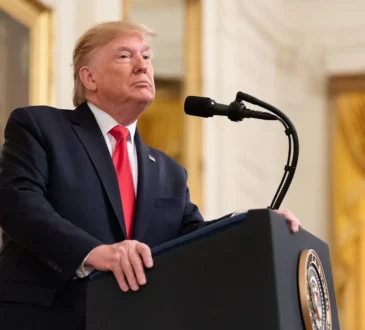
The investment trust industry is something this nation should be proud of, offering investors exposure to a range of different assets in an easily tradable format. As listed companies with publicly traded shares, investors are never locked out of their capital, a feature not shared by the open-ended funds industry.
Of course, they must pay a premium to the underlying investments if that trust is particularly desired, or sell at a discount if it’s out of favour.
This ability to buy and sell shares without reducing the capital available to the investment managers allows trusts to invest in less liquid assets, such as property and private equity.
This limited share capital has other benefits, too. Trusts are able to utilise gearing, borrowing money to invest alongside investor capital and enhance returns (or losses).
But perhaps one of the most important features of investment trusts is the independent board, a group of non-executive directors elected by shareholders to represent their interests. The appointed fund manager answers directly to the board, and in turn, the shareholders.
However, shareholders are not a homogenous group. Nor are boards. This ability to dissent naturally breeds contention and herein lies the cause of another defining characteristic of the investment trust industry – the row.
Over the past few months, this column has been keeping an eye on a developing situation at a comparatively small investment trust that will have important ramifications for shareholders.
With an upcoming vote due on August 13 that will set the future path of this company, Questor believes shareholders should be made aware of the situation, but how investors vote is their prerogative. Shareholders should note the deadline to cast votes is likely to be earlier if they hold their shares via investment platforms.
The Maven Renovar VCT, until recently the Amati Aim VCT, is in a tussle for control between the recently appointed investment manager and the previous one, with each side passionately committed to their cause.
The upcoming vote will ask investors to make their choice on either firing the entire board and appointing the previous investment manager, or continuing down the current path and rejecting this reversion.
Paul Jourdan, of Amati, is the previous manager leading the charge to be reinstated, and spent almost two decades running the vehicle. Over five years, as the board notes, he has underperformed, with a negative total return of -21pc, compared with the wider sector’s -5pc loss.
However, as his supporters point out, over 10 years, the manager is the second best performing in the VCT Aim Quoted sector.




